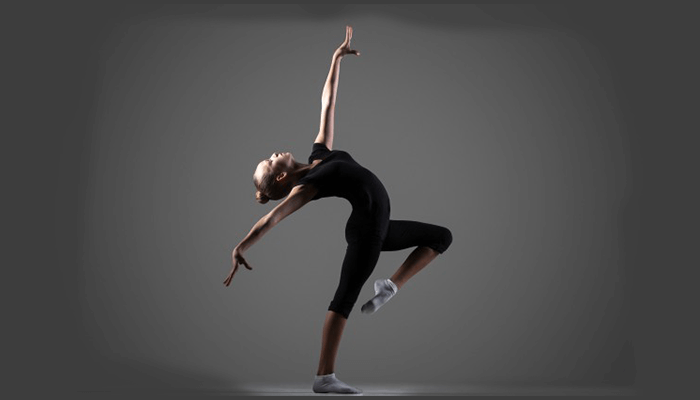Table of Contents
Functional training classes have been a rage for some time now. A lot of fitness jargon seems meaningless and functional training is not one of them. It is a great workout type that should be a part of everyone’s workout routine because it effectively improves overall health while also enhancing movement and control over the body. Functional training is one of the best ways to improve sports performance and get more out of your body without injuring yourself. Functional training focuses on the purpose of the movement. Checkout FITPASS-TV and online PT classes by FITPASS for functional training sessions for home workouts.
Why Functional Fitness is Important for Everyone

Choosing functional training classes over others is beneficial for your daily life movement and performance. Spending hours at a gym and training specific muscles is good for strength training and body shaping. However, in daily life, our movements require multiple muscles rather than one. Functional training, whether a part of your home workout or a class, is based on compound movements that engage multiple parts/muscles of the body.
The plank is a good example of functional training as it strengthens the core, abs, legs, and glutes simultaneously. This improves your alignment, posture, stability, and endurance. Compound exercises like the plank also increase overall strength quickly and thereby your ability to perform complex movements.

Functional training is about using your body weight to perform different types of movements. As compared to strength training, functional training encourages you to rely on your body’s balance and coordination to perform complicated movements; it gives you more control over your body. Say, if you play football, you need good coordination, agility, and balance to dribble, pass, and shoot the ball. It is a full-contact sport, which means you have to deal with strong opponents while doing all that. These things are easier during the early years but an aging player or an athlete can benefit a lot from functional training. It helps avoid falling and injuries while allowing you to maneuver with great control.

Initially, functional training was used for rehabilitation – to prevent injuries and heal them. Functional training exercises keep your joints working and in a stable condition. The most common injuries occur in the knees and ankles while changing the direction of movement quickly, faster than your joints can take. The sudden stress leads to sprains and breakages that can take months to heal or even surgery.
You can easily prevent them by focusing on your technique while performing joint strengthening exercises using your body for stabilization. By doing this regularly, you train your weaker body parts to deal with high-impact movements needed in a game or high-intensity daily tasks. Functional training works the entire body instead of focussing on a single muscle, the former being better than the latter. Sometimes overworking a single muscle can also lead to injuries.

A strong core means a strong body and functional training is all about the core. Strong abdominal muscles, hips, and scapulars help maintain stability. And you guessed it right – most functional exercises work the core while also focussing on the other parts of the body. That’s why always remember to engage your core while performing any exercise. It increases stability, reduces back pain, improves posture, and prevents injuries in addition to protecting your central nervous system.

A lot of flexibility and mobility improving movements are included in functional training exercises. Full-body movements loosen up several body parts like the hips, chest, and back. Some even stretch the extremities to create the much-needed space within the body parts. The loosening and contraction of muscles release tension and keeps them flexible.
Take the example of frontal kicks that increase power and explosiveness. However, they also stretch the hips and hamstrings to increase mobility. The more mobile your muscles are, the less prone to injuries they will be and allow you to indulge in strenuous exercises and sports easily.

It’s rare to find people without back pain or discomfort these days due to prolonged sitting. Working at a desk does not help your muscles. Functional training benefits the body in a way that supports and stabilizes itself much better – your back muscles and spinal cord are much stronger and flexible. Functional training uses the entire body, which enables all the parts of the body to better support the other parts. Developing strength and stability in your hips, back, and core improves posture, which decreases pain and improves overall health.



